The Nigerian Education Loan Fund (NELFUND) has announced that it has received more than 745,000 applications for its interest-free student loan scheme, with 2,700 applications submitted in the past 24 hours alone.
Managing Director and Chief Executive Officer of NELFUND, Akintunde Sawyerr, disclosed this during the two-day *Renewed Hope Student Leaders’ Engagement*, organised by the Office of the Senior Special Assistant to the President on Students’ Engagement in partnership with the Rivers State Government. The event was held on Friday at the University of Port Harcourt.
“So far, we have over 745,000 Nigerians who have applied for this loan,” Sawyerr said. “Out of this number, over 400,000 students are already benefiting. Their tuition fees have been paid directly to their tertiary institutions, and those who applied for upkeep are receiving ₦20,000 per month, per session.”
According to him, NELFUND has so far disbursed more than ₦80 billion to Nigerian institutions and beneficiaries.
Opening Up to Private Funding
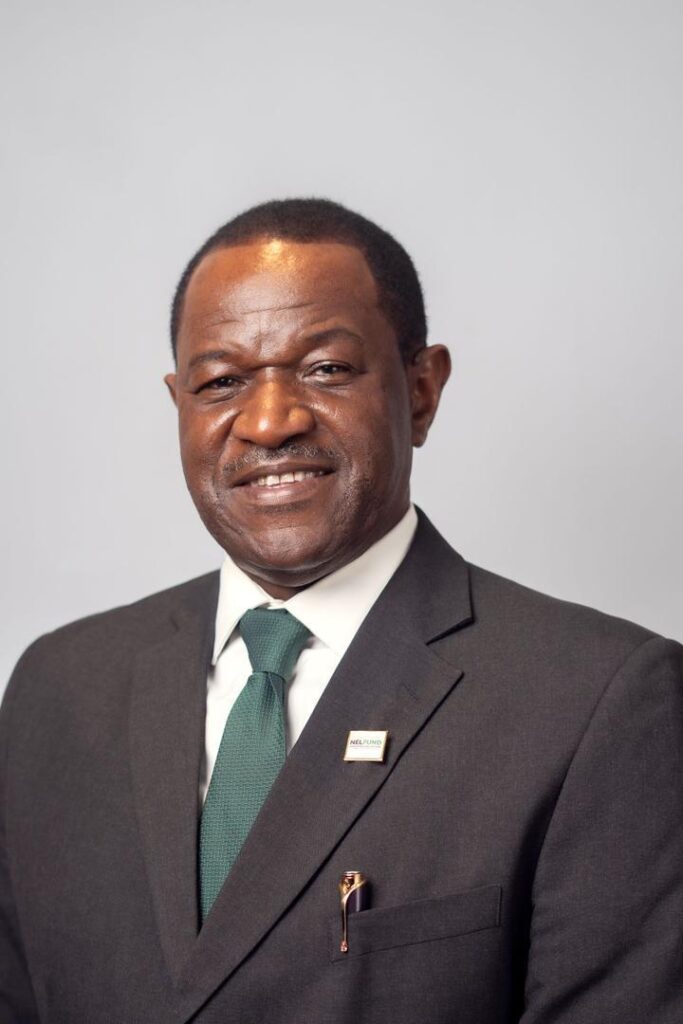
Sawyerr noted that the law establishing NELFUND was recently repealed and re-enacted to allow contributions from non-governmental sources.
“In other words, philanthropists, NGOs, donors, or anyone with an interest in education can contribute funds, which will be dedicated to providing loans or even grants to students,” he explained.
Two Categories of Interest-Free Loans
The scheme offers two types of loans:
Institutional loans to cover tuition fees.
Upkeep loans to support living expenses.
Both are interest-free, with repayment beginning two years after the completion of the National Youth Service Corps (NYSC) programme.
“If repayment is incomplete and you lose your job, payments will stop,” Sawyerr added. Employers are legally obliged to deduct 10% from the salaries of beneficiaries once repayment starts. Those who run their own businesses and pay themselves a salary are also required to ensure their companies make the repayment to NELFUND.
Reducing Dropout Rates
In his remarks, the Senior Special Assistant to the President on Students’ Engagement, Asefon Dayo, described the programme as a platform to bridge the gap between the government and the student community.
“Our mission is to engage student leaders meaningfully, inform them about President Bola Ahmed Tinubu’s education and youth development reforms, and listen to their feedback,” Dayo said.
He also noted that NELFUND has significantly reduced dropout rates in Nigerian tertiary institutions. In addition, President Tinubu has approved funding for 15 colleges of education, polytechnics, and universities to establish innovation hubs and entrepreneurship centres. These will feature facilities for robotics, artificial intelligence, 3D printing, and electronics development.



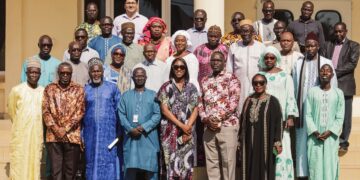
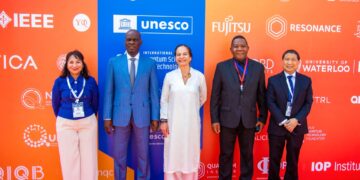

























































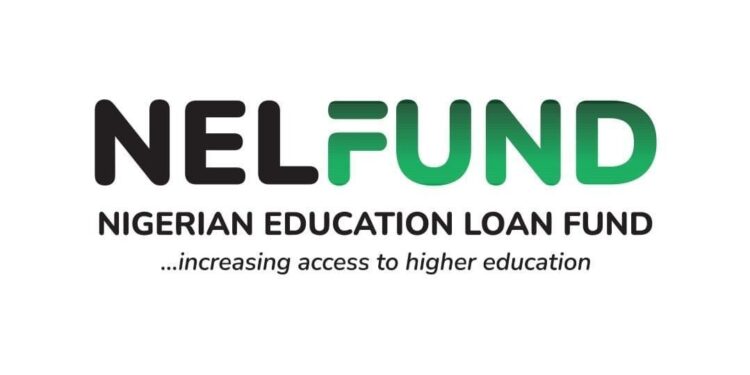




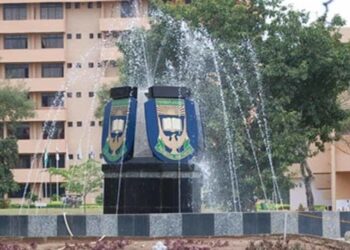


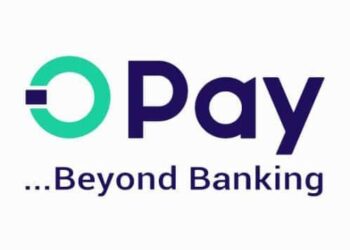












 EduTimes Africa, a product of Education Times Africa, is a magazine publication that aims to lend its support to close the yawning gap in Africa's educational development.
EduTimes Africa, a product of Education Times Africa, is a magazine publication that aims to lend its support to close the yawning gap in Africa's educational development.